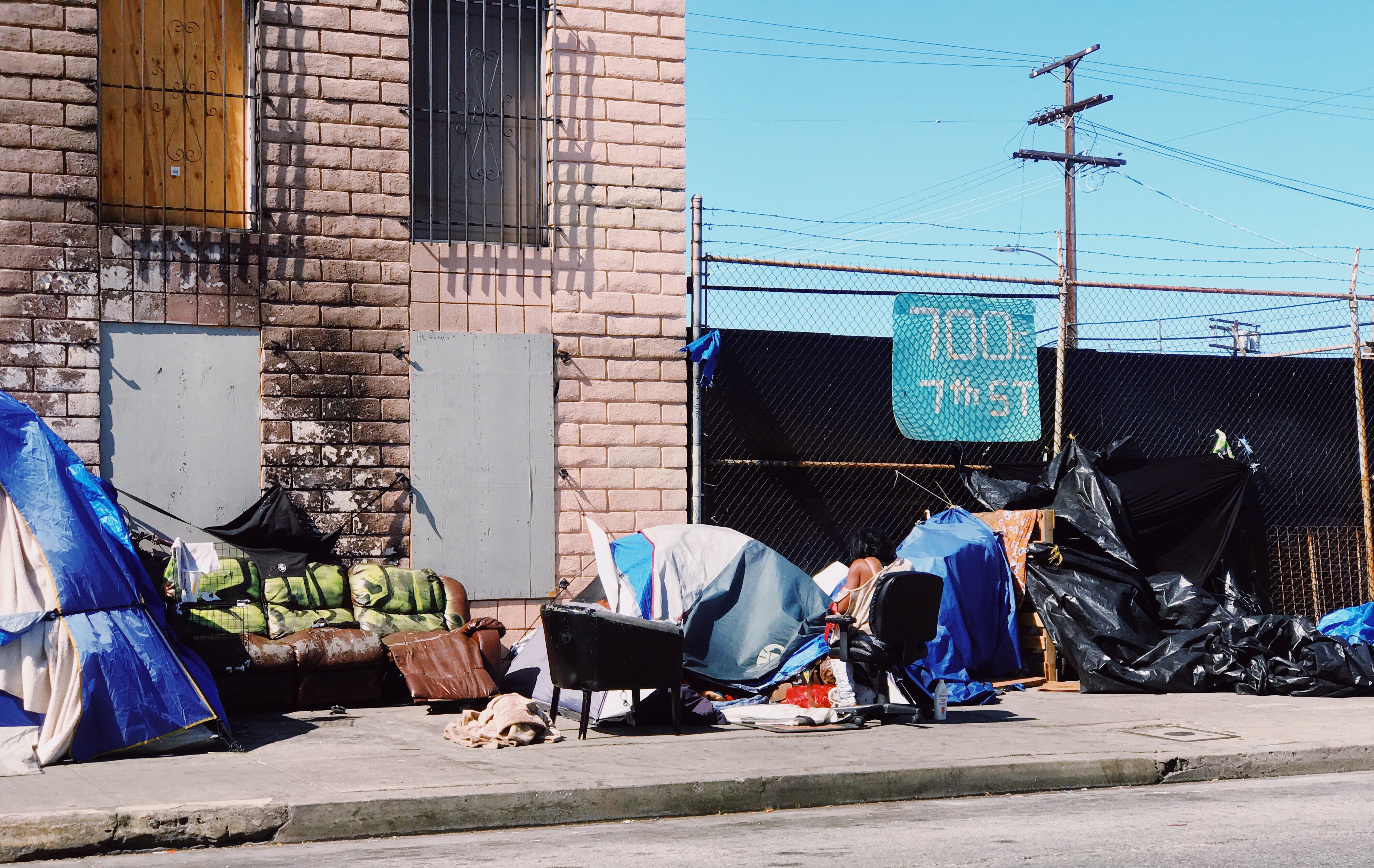An approach that considers the rights and responsibilities of all involved parties is essential to navigate this thorny issue successfully.
The eviction of homeless camps in Canada has become a hot-button issue sparking debates. These camps, often tucked away in public parks and open spaces, present a complex problem that many politicians want to avoid.
Local government bodies, well aware of the struggles faced by homeless people, are caught in the tricky position of juggling human rights versus health and crime issues.
The legal standpoint on removing homeless camps in Canada isn’t straightforward; it’s a patchwork of court rulings, local laws, and interpretations of Canada’s Charter of Rights and Freedoms. Legal scholars frequently don’t see eye to eye on this, muddying the waters even further.
Canada’s Charter of Rights and Freedoms
A pivotal point up for debate hinges on how we read Canada’s Charter of Rights and Freedoms. Some suggest that evicting the homeless from these camps infringes on their Charter-protected rights.
The Charter’s Section 7 grants every citizen the right to life, liberty, and personal security. When interpreted with a wide lens, this could extend to include the freedom from an interruption in one’s choice of living, even if that means setting up a temporary home in a park or on a street.
Legal verdicts have been inconsistent in supporting this understanding. Canadian courts have, at times, defended homeless camp evictions, while other times they have shut them down.
A notable decision from the Supreme Court of British Columbia recognized the right of the homeless to put up temporary dwellings in public parks if there were no sufficient alternatives at hand.
Providing housing alternatives
The Ontario Superior Court decided that Toronto had the authority to clear out homeless camps. The Court’s rationale hinged on the fact that the city provided ample housing alternatives.
The Court further mentioned that protecting public health and safety could provide solid grounds for evicting the homeless. Consequently, it’s clear that not all evictions from homeless camps are against the law – it depends heavily on the circumstances and local rules.

Local bylaws also have a key part to play in this dialogue. These laws typically oversee the use of public areas, such as parks, sidewalks, and public squares. These bylaws forbid camping or the construction of structures in these spaces. If homeless camps contravene these regulations, eviction could be legally defensible.
The homeless situation in Canada
These local bylaws frequently face scrutiny when they seem to infringe on basic human rights. Critics contend that these rules can discriminate and further worsen the homeless situation. Despite such worries, courts have consistently upheld these laws as long as they’re applied fairly and not aimed at particular groups.
Local politicians, wrestling with this issue, are walking a tightrope. On one hand, they must maintain public safety and uphold the law. On the other, they have the duty to respect and safeguard the rights of their homeless population. This conflict makes the legal position on evictions from homeless camps in Canada a perplexing one.
Ample housing options
Both provincial and federal governments are part of this ongoing conversation. These larger bodies of government have substantial sway in offering resources and making laws that address the larger issue of homelessness.
If ample housing solutions are available, the need for evicting homeless camps could be reduced. As such, the efforts to provide affordable housing and support for the homeless may indirectly influence the legality of evictions.
It’s clear that the legality of evicting homeless camps in Canada isn’t a black-and-white issue. It’s dependent on the interpretation of court rulings, local regulations, the availability of alternative housing, and the wider societal context.
An approach that considers the rights and responsibilities of all involved parties is essential to navigate this thorny issue successfully.


Join the conversation!